News
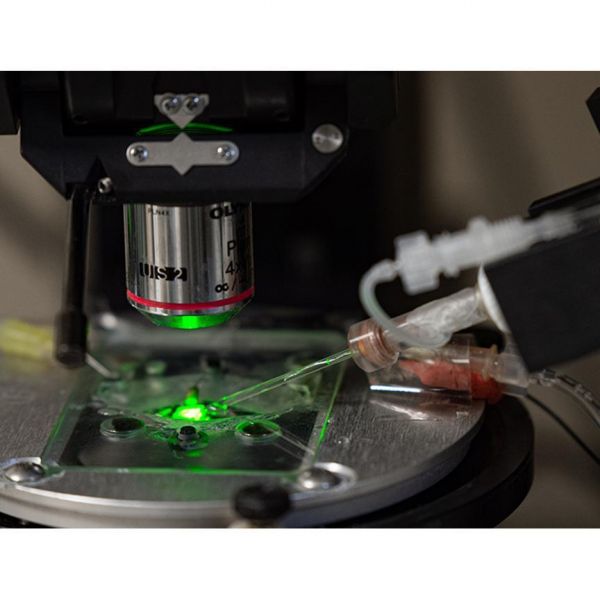
Aug 18, 2023
Uncovering the role of somatostatin signaling in the brain
New research in mice demonstrates how the signaling molecule somatostatin acts to dampen neural circuits in the prefrontal cortex and stimulate exploratory behavior.
Full Article
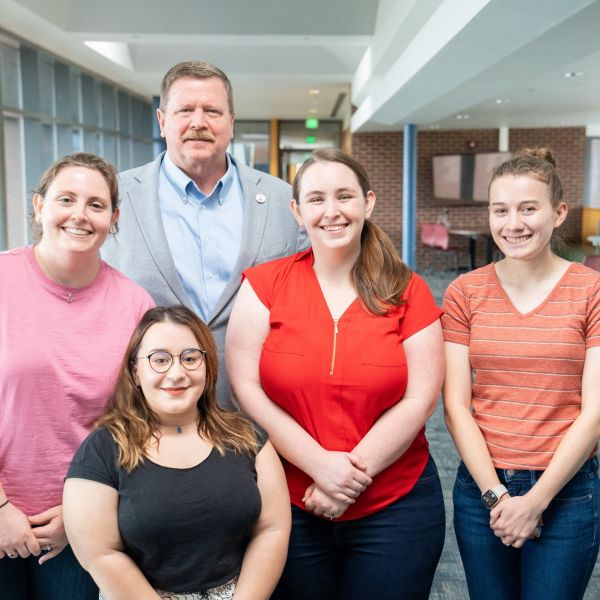
Jul 26, 2023
HGSAC looks to raise the bar with election of new co-chairs
HGSAC students elected Avery Sicher and Jessica Walnut to serve as the graduate co-advisors to the Huck Institutes for the upcoming 2023-24 academic year.
Full Article
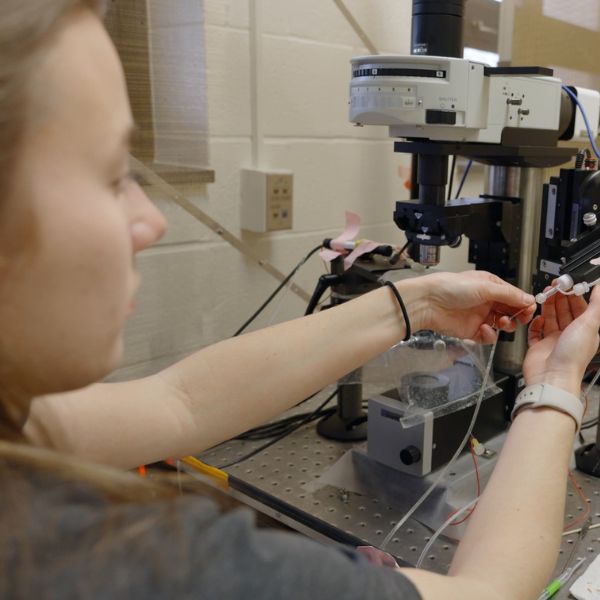
Jun 09, 2023
Mouse models of adolescent binge drinking reveal key long-lasting brain changes
Heavy alcohol consumption may cause permanent dysregulation of neurons, or brain cells, in adolescents, according to a new study in mice.
Full Article

Apr 20, 2023
Grad Students in Huck Labs Win Awards for Innovative Research
Two graduate students—one in the Huck's Neuroscience program and the other in the Eberly College of Science's BMMB program—have been named recipients of an award available to those working in Biochemistry and Molecular Biology labs. Both PIs are also part of the Huck.
Full Article
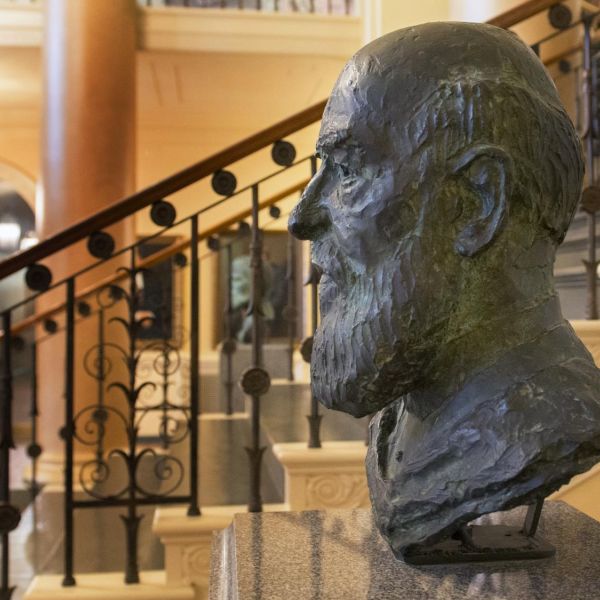
Apr 13, 2023
Penn State announces 2023 University-wide faculty and staff awards
Each spring, Penn State recognizes outstanding faculty and staff with annual awards in teaching and excellence. These awards highlight many of the University's faculty and staff who go above and beyond in their work at Penn State.
Full Article
Mar 21, 2023
MD/PhD Class of 2023 students find out their residency matches
Several Penn State College of Medicine MD/PhD Program students graduating this year received their residency destinations as part of Match Day 2023.
Full Article
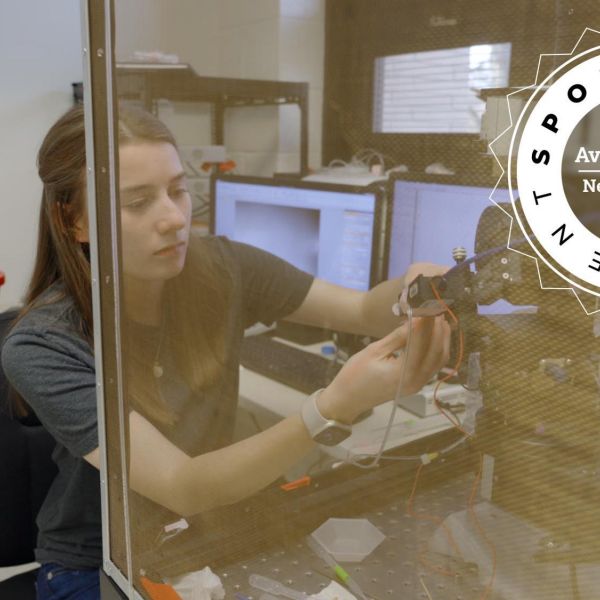
Feb 21, 2023
New Student Spotlight video highlights neuroscience's Avery Sicher
The latest entry in the Student Spotlight series from the Huck Institutes covers Avery Sicher, a graduate student in the Neuroscience Program, and her research on the effects of alcohol consumption on brain development.
Full Article
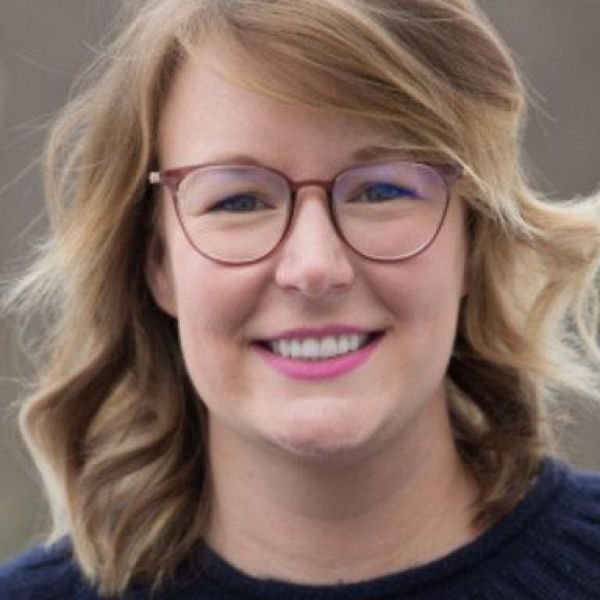
Jan 17, 2023
Crowley receives Huck Early Career Chair appointment
Nikki Crowley, assistant professor of biology and biomedical engineering, has been named the Dorothy Foehr Huck and J. Lloyd Huck Early Career Chair in Neurobiology and Neural Engineering by the Huck Institutes of the Life Sciences.
Full Article
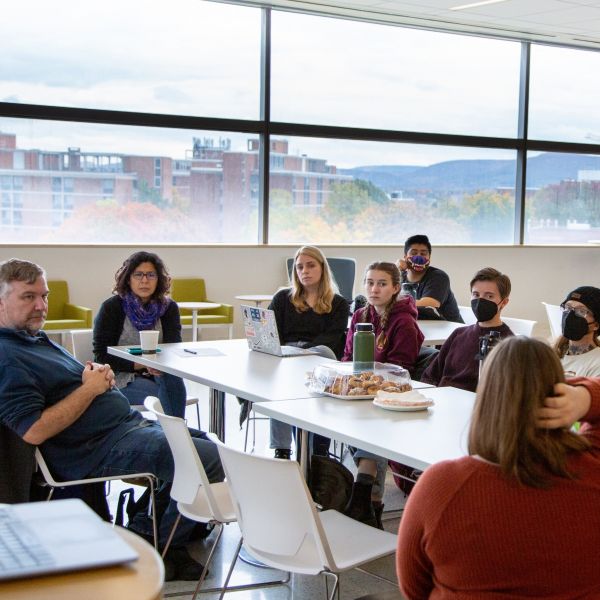
Nov 30, 2022
Huck Grad Students Work Towards Inclusion
A discussion and advocacy group started by student leadership is pushing for dialogue and solutions to make the Huck a more welcoming and empowering space for scientists from all backgrounds.
Full Article
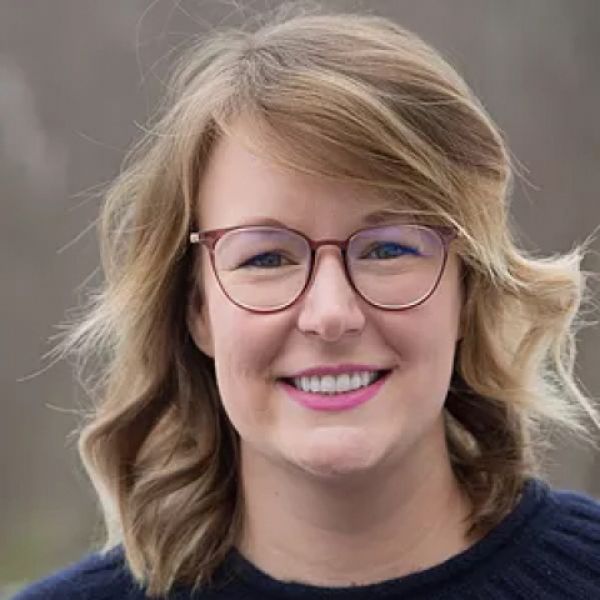
Nov 15, 2022
New research on effects of binge drinking earns biologist early career award
Nikki Crowley, assistant professor of biology and biomedical engineering at Penn State, is the 2022 recipient of the Neuropsychopharmacology Editor’s Early Career Award.
Full Article